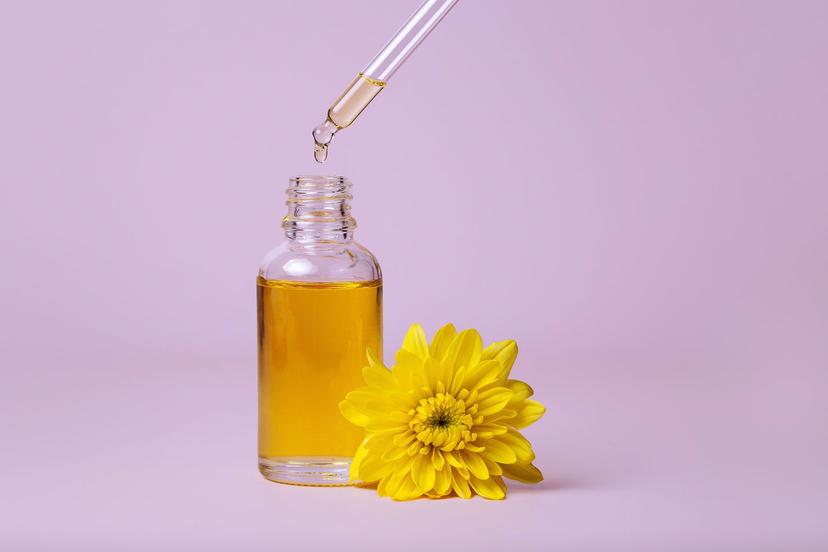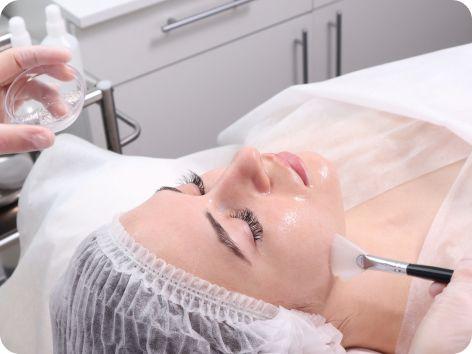MakeO blog
Acne is a common skin condition that all of us might have experienced at least once in our lives. While hormonal fluctuations and genetics play a significant role in the development of acne, it is important to recognize that our lifestyle choices can also have a profound impact on its occurrence and severity.
From the foods we consume to the stress levels we experience and even our sleep patterns, various aspects of our daily lives can cause pimples on the face. By understanding the relationship between lifestyle choices and acne, we can make informed decisions that may help prevent or manage this troublesome condition more effectively. In this article, let us explore the ways in which our lifestyle choices can impact acne.
6 Lifestyle Factors Which Affect Your Acne
1. Laundry and acne
The link between laundry and acne may not be immediately apparent but the products we use to wash our clothes can become a cause of acne and poor skin health. Fabric softeners and detergents with fragrances contain chemicals that can irritate the skin and aggravate acne breakouts. These substances can leave a residue on our clothes, which can clog pores and contribute to the development of acne when they come in contact with our skin. Opting for fragrance-free detergents and skipping fabric softeners can help minimise skin irritation and reduce the likelihood of acne flare-ups.
2. Stress and acne
We've all experienced the effects of stress on our bodies, and unfortunately, our skin is not immune to its impact. When we're stressed, our bodies release a hormone called cortisol. Elevated levels of cortisol can lead to increased oil production in the skin, leading to clogged pores and a higher likelihood of acne breakouts. Additionally, stress can disrupt our overall hormonal balance, further contributing to the development of acne. Turning to stress management techniques such as regular exercise, meditation and relaxation exercises in our daily routine can help keep stress levels in check and potentially reduce acne.
3. Sleep and Acne
The importance of a good night's sleep extends beyond feeling refreshed and energised. Irregular sleep patterns or insufficient sleep can disrupt our body's natural healing processes, including those related to our skin. Lack of sleep and increased inflammation are the leading causes of acne. Moreover, during sleep, our bodies regenerate and repair damaged skin cells, helping to maintain a healthy complexion. Establishing a consistent sleep schedule and ensuring an adequate amount of sleep each night can promote skin health and potentially minimise acne occurrences.
4. Smoking and acne
The harmful effects of smoking on overall health are well-known, and its impact on the skin is no exception. Smoking reduces blood flow to the skin, depriving it of essential oxygen and nutrients. This diminished blood flow can impair the skin's ability to heal, leading to prolonged blemishes, spots, and acne scars. Additionally, smoking weakens the immune system, making it more difficult for the body to fight off acne-causing bacteria. Quitting smoking or avoiding exposure to secondhand smoke can not only improve your overall health but also contribute to clearer, healthier skin.
5. Diet and acne
The old adage "you are what you eat" holds some truth when it comes to acne. While diet alone may not be the sole cause of acne, certain foods have been found to worsen acne breakouts in some individuals. Dairy products and foods high in refined sugar, such as sugary beverages and processed snacks, are a leading cause of pimples as they increase oil production and inflammation in the skin, both of which can contribute to acne formation. Incorporating a balanced diet rich in fruits, vegetables, whole grains and lean proteins can help promote skin health and potentially reduce acne symptoms.
6. Makeup and acne
Using the wrong products or failing to remove makeup properly can contribute to clogged pores and acne breakouts. However, choosing non-comedogenic products specifically designed not to block pores can help minimise the risk of acne development. Additionally, practising good makeup hygiene, such as regularly cleaning makeup brushes and sponges, can prevent the accumulation of bacteria that can become a cause of pimples. Opting for oil-free and water-based skincare products can also be beneficial for individuals prone to acne.
The easiest way to prevent your skin from acne due to makeup is to use good quality, reliable facial cleansers and exfoliators. The Acne-Away foaming face wash and the Be Bright AHA BHA Exfoliating Peel by makeO skinnsi can be your best bet.
Conclusion
In a nutshell, understanding the relationship between our lifestyle choices and acne is crucial for managing this common skin condition. The aftermath of pimples is the undesired scars that are left behind. If you have been struggling with acne scars, the specially curated, customisable at-home Acne Scar Reduction Treatment from makeO skinnsi can work wonders on your skin. Get in touch with our dermatologists for a free consultation to know all about the treatment.
To conclude with, it is important to remember that a holistic approach to skincare and overall well-being is key to achieving and maintaining a radiant complexion.
FAQs
How does my laundry affect my acne?
Using fabric softeners and detergents with fragrances can irritate your skin, leading to acne breakouts. The chemicals in these products can leave a residue on your clothes that can clog pores and contribute to acne development.
Can stress worsen acne?
Yes, stress can worsen existing acne. The hormone cortisol, released during times of stress, can increase oil production in the skin and disrupt hormonal balance, leading to clogged pores and more frequent acne breakouts.
Does sleep have an impact on acne?
Irregular sleep patterns or insufficient sleep can contribute to acne. Lack of sleep disrupts the body's natural healing processes, increases inflammation, and can worsen existing acne or trigger new breakouts.
Does smoking affect acne?
Yes, smoking can worsen acne. Smoking reduces blood flow to the skin, impairs the skin's ability to heal, and weakens the immune system, making it harder for the body to fight acne-causing bacteria.
Can my diet influence acne breakouts?
Yes, certain foods can aggravate acne breakouts. Dairy products and foods high in refined sugar have been linked to increased oil production and inflammation in the skin, both of which can contribute to acne formation. Opting for a balanced diet can help promote healthier skin.
related categories
Related articles
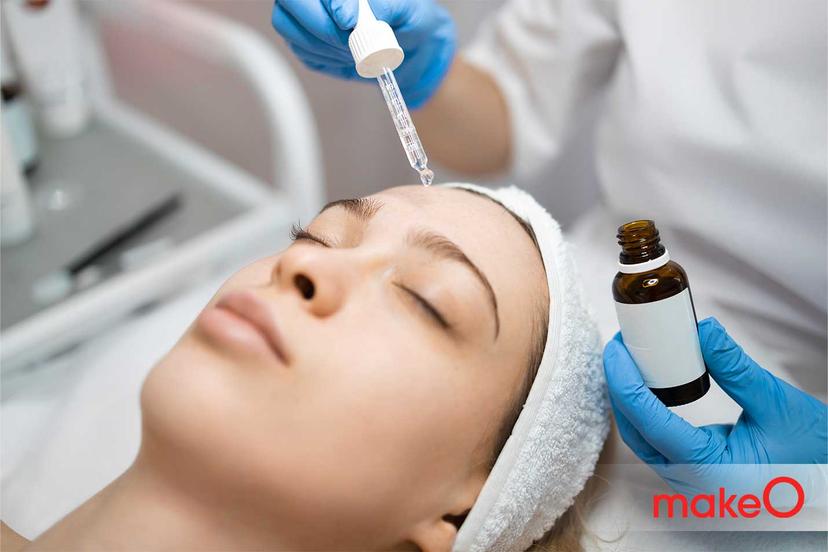
Anti-Ageing Face Oils: Unveiling the 10 Best Facial Oils for Youthful Skin
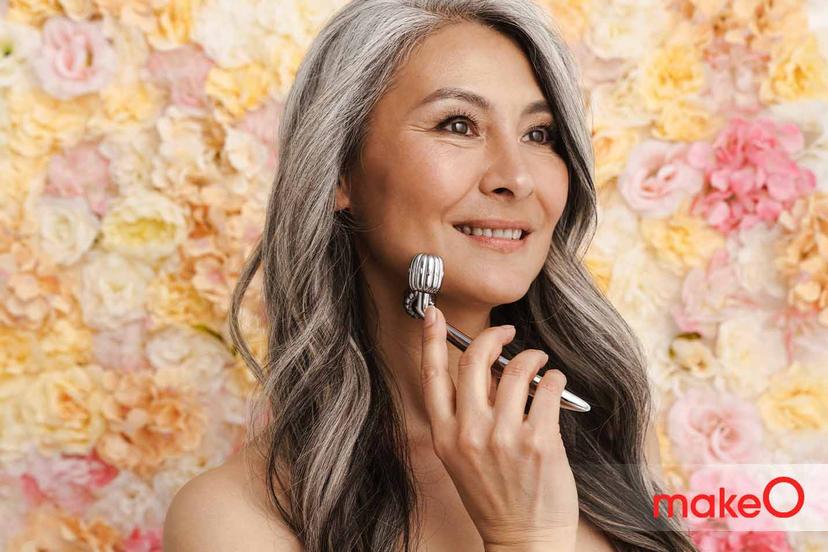
5 Common Mistakes to Avoid When Using a Face Roller

Is Aloe vera effective for acne? Find out
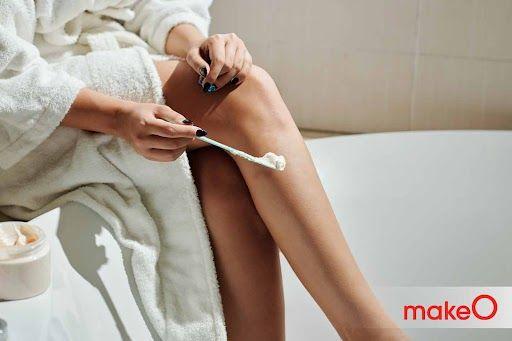
5 Side Effects of Hair Removal Creams That You Must Know
